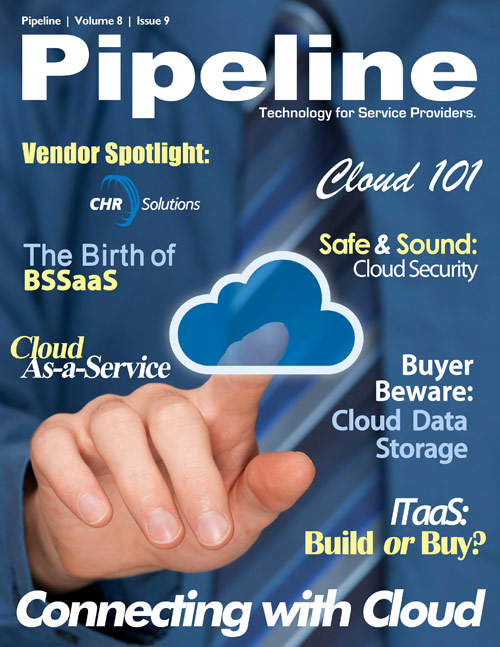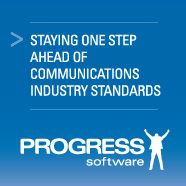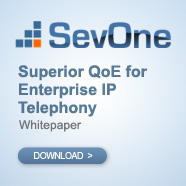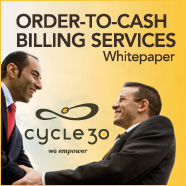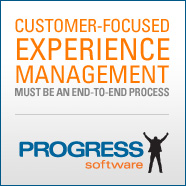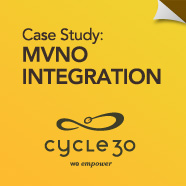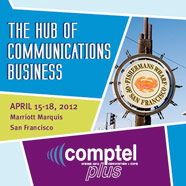By: Scott St. John

"Cloud" is probably best defined as what it is not. Cloud is not rigid, cumbersome, inflexible, high-maintenance, or particularly difficult to implement. In fact, cloud may be the antithesis of what most people think of when they think of traditional BSS. Cloud is the future. Cloud is the dawn of things to come; the new foundry for innovation.
But, to fully understand this paradox, we have to first define BSS—which might be as challenging as trying to define "cloud." So, I'll turn to our good friend, Harry Newton. According to the 25th Edition of Newton's Telecom Dictionary, BSS is defined as "The system used by network operators to manage business operations, such as billing, sales management, customer-service, management, and customer databases." From a system (and IT) perspective, and for the purpose of this article, we're specifically talking about Customer Relationship Management (CRM) and Billing systems.
From a CRM perspective, cloud actually isn't anything new. Mixed on-premise/off-premise CRM solutions have existed, with rudimentary "synching" capabilities, from about the mid-nineties. These systems technically enabled "cloud-based" customer and sales information storage and sharing by enabling information from multiple users to be synchronized with a central server and database.
By 2000, Salesforce.com declared the "end of software" and ushered in a new era of completely hosted, software-as-a-service (SaaS) CRM applications that showcased an exclusively web interface that all but eliminated the need for a desktop application. These hosted SaaS solutions were simple and easy-to-use and continue to have remarkable user adoption and growth rates.


Billing systems, on the other hand, are remarkably complicated. Historically, billing has been used to orchestrate data from the network(s), customer care, and third-party systems, such as long distance and roaming providers, to provide customers with accurate call details and consolidated billing. These systems primarily provided communications service providers with historical information about their customers and automated invoicing and payment processes.
Today, however, billing has expanded dramatically and become more complex with subscription, real-time, pre-paid, and third-party services and applications. This is exacerbated by the rapid adoption of mobile and IP-based services (e.g. VoIP), multiple device usage, regulation, and customers' expectations. Whereas customers may have been impressed by "one bill" for multiple, bundled services in the past, today's customers expect accurate and consolidated billing in real-time with self-service, universal multi-device access, and proactive billing notifications.
Today, CSPs are struggling and turning to their technology solution providers (e.g. ISVs) to keep up. This presents a significant opportunity for ISVs who can provide new, converged billing platforms and help leverage cloud technologies to evolve and integrate their operational and business systems (OSS/BSS).
i-wireless, a national wireless service provider owned by The Kroger Co, recently invested in a next generation billing solution.
"Data consumption by our subscribers exploded, which typically is a good situation to be in," Laurie Tappel, operations manager at i-wireless says. "But the existing system took much too long for rating. Since we were not billing accurately, we weren't getting the most out of our subscribers' growing appetites for data. With our converged billing solution, the organizational agility that we have achieved is the number-one benefit for us. The ability to be in control of our billing solution and have the power to launch promotions in a day—instead of the weeks or months that it used to take—has been a huge advantage for us. Already we have launched new services, such as the family/group plans, which have been very popular with our customers. We could not do that with the previous system."
